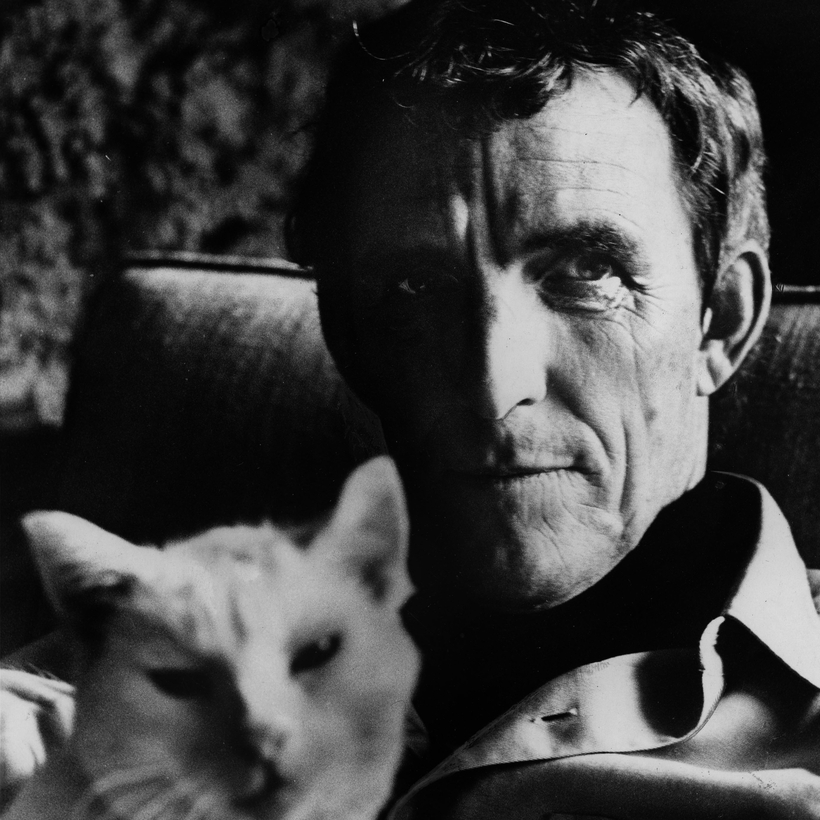While traveling around the Amazon for The New Yorker, barely out of his 20s, Peter Matthiessen turned his wondering eye on some missionaries, and on the local Carajá people, and mused, “All temporal ambitions are insane. Yet I, for one, cling to them.” Just 10 days later, in Lima, breaking up with a longtime American girlfriend, he wrote to his boyhood friend George Plimpton, “I still seem to be pathologically restless in some way, and am no fit mate for anybody.”
All his life Matthiessen was on the move—“I dreamed of simplicity, but I’m as far from it as ever,” he confessed at 66—and one challenge for any biographer is that he saw his own failings with such unsparing clarity, at war with himself till the end. When young, he tried to erase his name from the Social Register, at the same time as he was going through Hotchkiss and Yale; in his early 20s, he helped, over hashish cookies, to found The Paris Review, while also working undercover in Europe for the fledgling (and at the time highly regarded) C.I.A.


